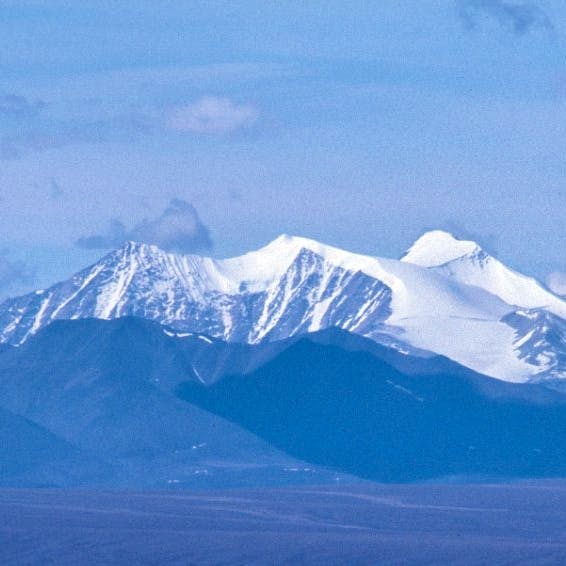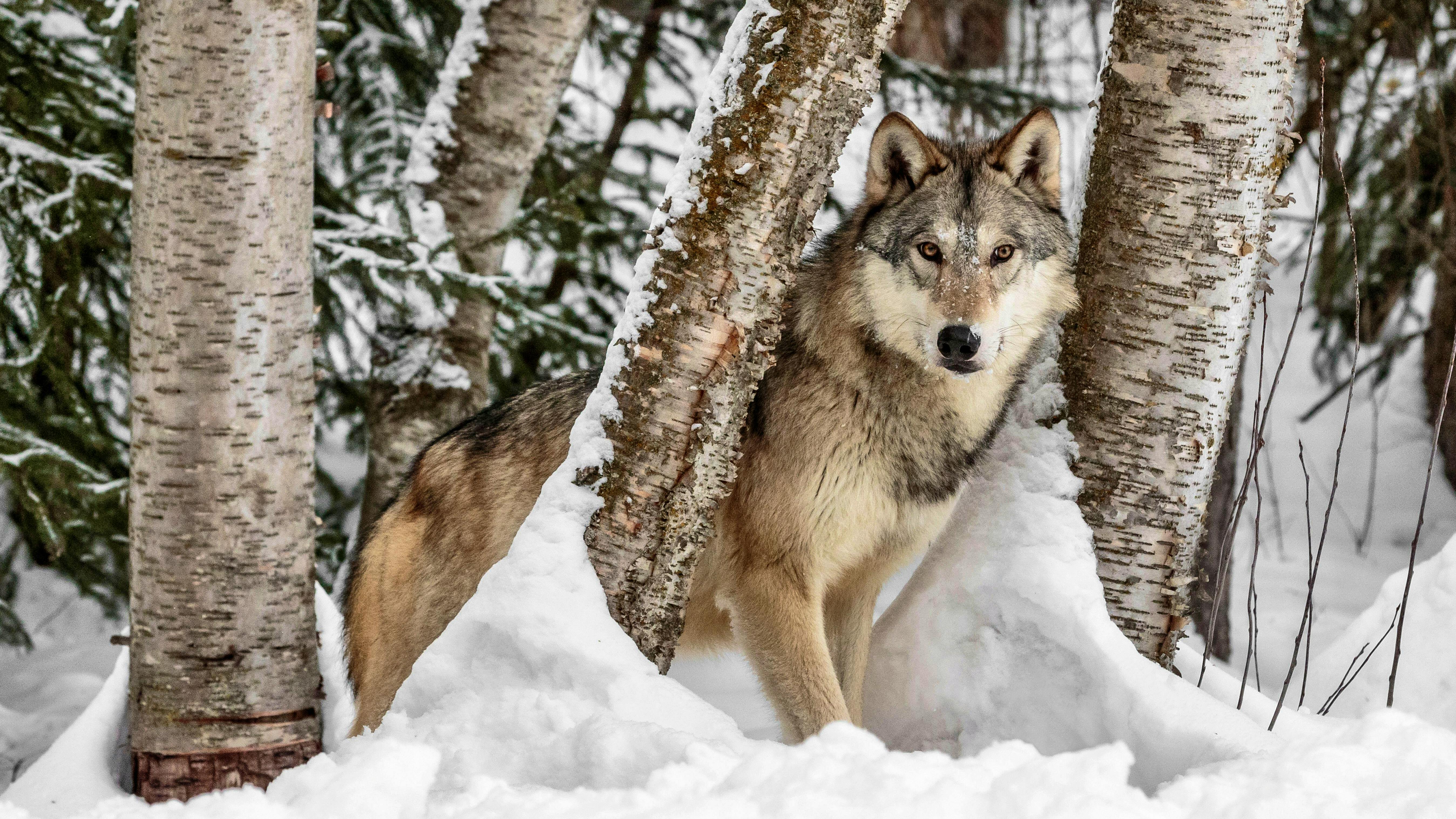Washington, D.C. – Our children are less likely to see monarch butterflies, bumble bees, and a host of other once-common wildlife species due to farm pesticides, declining ocean health, climate change and dirty energy production, according to a new report by the Endangered Species Coalition. The report, Vanishing: Ten American Species Our Children May Never See, highlights ten disappearing species and the causes of their dramatic population declines. Additionally, the report identifies everyday actions that people can take to help slow the disappearance of our nation’s iconic wildlife. The report can be viewed and downloaded from the website: vanishingwildlife.org.
The following is a statement from Former Defenders of Wildlife President and CEO Jamie Rappaport Clark:
“From bumblebees in our own back yards to great whales, this report shows that our nation’s wild creatures are in peril. Unless we fight for policies that make a real difference on climate, protect our public lands and waters and stop polluters who would destroy our environment, the United States is poised to lose some of its most iconic and beneficial species forever.
“Greater sage-grouse lose more habitat to development every year. Bees and monarch butterflies are being wiped out by toxic pesticides and habitat loss. And the polar bear, one of Alaska’s apex predators, is on the front lines of the devastating effects of climate change. We stand at a crossroads, and it’s time to make a choice: fight to preserve our nation’s wildlife heritage, or leave a legacy of loss for future generations.”
###
Defenders of Wildlife is dedicated to the protection of all native animals and plants in their natural communities. With more than 1.1 million members and activists, Defenders of Wildlife is a leading advocate for innovative solutions to safeguard our wildlife heritage for generations to come. For more information, visit www.defenders.org and follow us on Twitter @DefendersNews.
For over 75 years, Defenders of Wildlife has remained dedicated to protecting all native animals and plants in their natural communities. With a nationwide network of nearly 2.1 million members and activists, Defenders of Wildlife is a leading advocate for innovative solutions to safeguard our wildlife for generations to come. To learn more, please visit https://defenders.org/newsroom or follow us on X @Defenders.
News

Defenders Slams Trump Interior Pick Burgum

